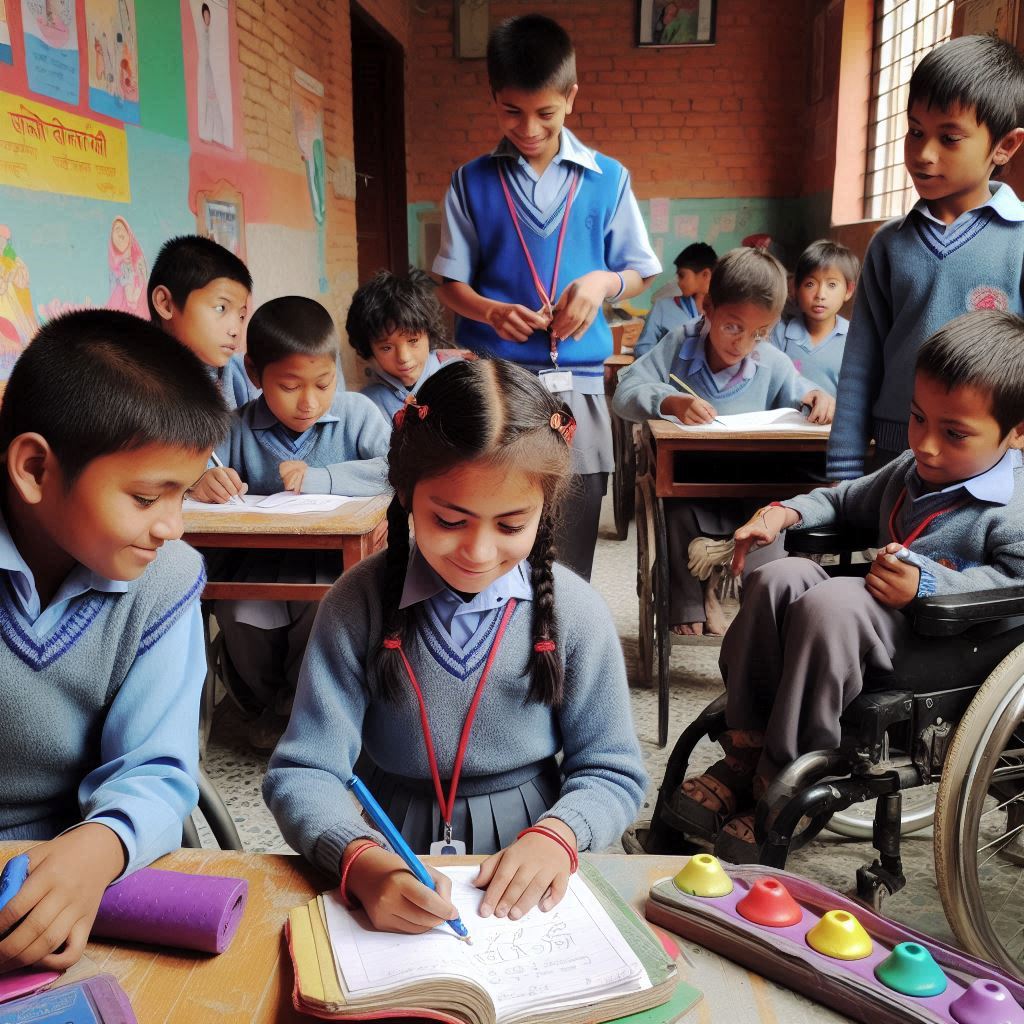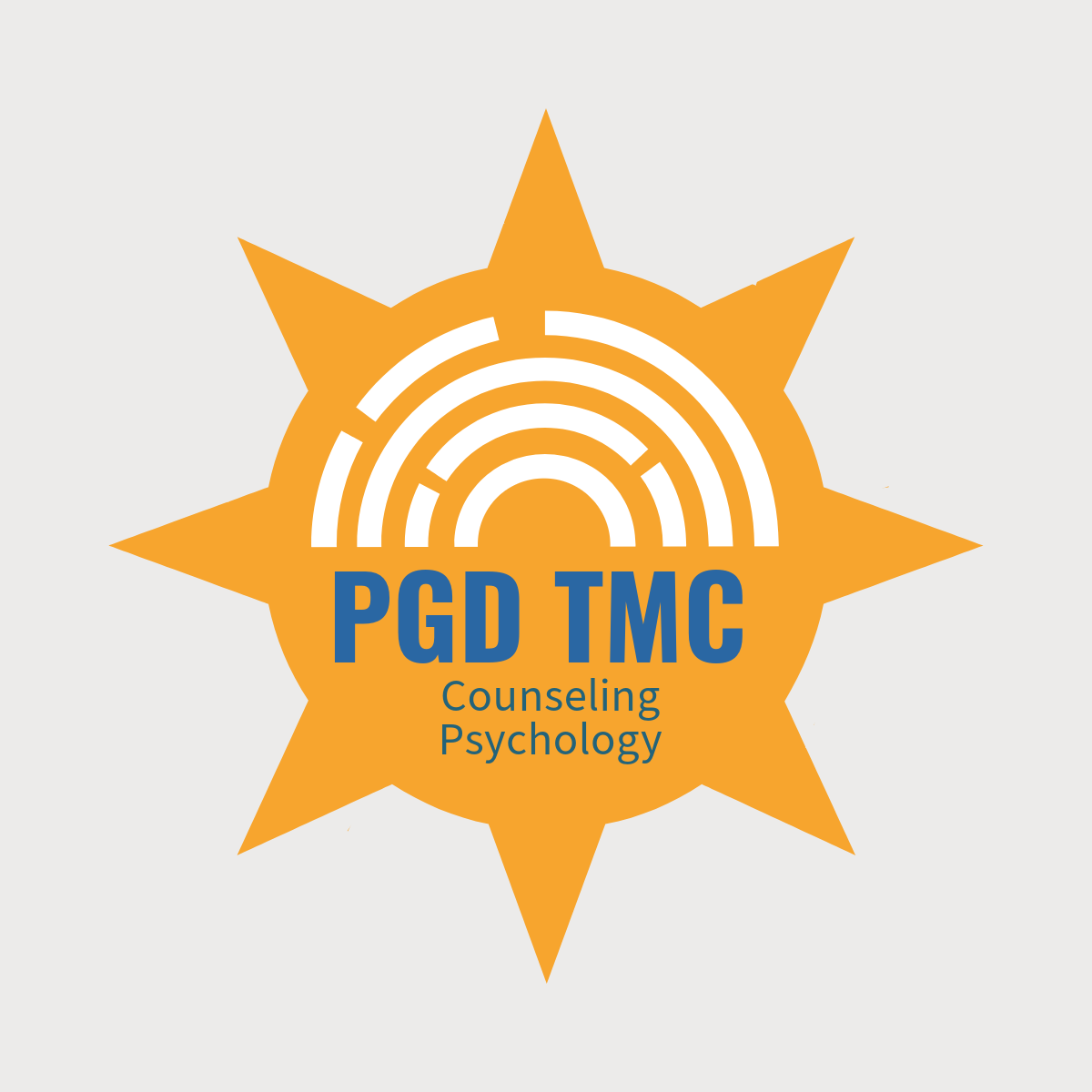Author: PGDTMC
-
Selection Attention and How our Brain filters information
Attention is the gateway to how we experience the world around us. Every day, our brains face an overwhelming flood of information – sounds, sights, smells, thoughts, and feelings all compete for limited mental resources. Yet somehow, we manage to function without constantly feeling overwhelmed. This ability comes from our selective attention process, a remarkable…
-
Confirmation Bias and How Our Minds Filter Reality
Confirmation bias effects shape how we see the world every day. When you look for information that supports what you already believe while ignoring contradicting evidence, that’s confirmation bias at work. This mental shortcut helps our brains process vast amounts of information quickly, but it can also lead us astray. In today’s digital world where…
-
PGD Counseling Psychology Admission Notice
Congratulations to all the successful entrants of PGD Counseling Psychology. Admission Notice ADMISSION NOTICE Name list if entrance passed students below:
-

Counseling in Nepal : Past, Present and Future
The Evolution of Counseling in Nepal: Past, Present, and Future Counseling in Nepal has come a long way since its inception in the early 1990s. This article explores the history, current state, and future prospects of counseling in this Himalayan nation, shedding light on the challenges and opportunities in the field. The Birth of Counseling…
-
MA Psychology Entrance Exam 2081 Answers
Questions 1-10 Answer: c) Negative reinforcement The babies learn that crying (unpleasant behavior) gets removed when picked up, reinforcing the parents’ picking-up behavior. Answer: d) Somatic The somatic nervous system controls voluntary movements like picking up sensory information. Answer: d) Hallucinations Hallucinations are positive symptoms in psychotic disorders, while flat affect and catatonia are negative…
-
MA Psychology Entrance Exam Questions 2081/2025
Here is entrance Exam question of MA Psychology from Tribhuvan University 2081/2025. Babies teach their parents to hold them a lot by crying whenever they are put down. When they are picked up, the babies stop crying. This is an example of: a) Insight learning b) Positive reinforcement c) Negative reinforcement d) Latent learning Ganesh…
-
MA Psychology Entrance Model Answers 2
Here is the answer key with explanations for MA Psychology Entrance Exam Model 2 Questions. b) Leon Festinger Explanation: Leon Festinger is most closely associated with the theory of cognitive dissonance, which describes the discomfort people feel when their beliefs, attitudes, or behaviors are inconsistent with each other. a) Confirmation bias Explanation: Confirmation bias is…
-
MA Psychology Entrance Questions Sample 2
Psychology Entrance Exam Practice Questions Which psychologist is most associated with the theory of cognitive dissonance? a) B.F. Skinner b) Leon Festinger c) Abraham Maslow d) Erik Erikson The tendency to search for or interpret information in a way that confirms one’s preconceptions is known as: a) Confirmation bias b) Availability heuristic c) Representativeness heuristic…
-

Working with Children with Learning Disabilities in Nepal
Counseling Nepalese Students with Learning Disabilities: Challenges and Solutions Learning disabilities present unique challenges for Nepalese students, affecting their academic performance, self-esteem, and overall well-being. As educators and mental health professionals in Nepal, it’s crucial to understand these challenges and provide effective support through counseling. This article explores the realities faced by Nepalese students with…
